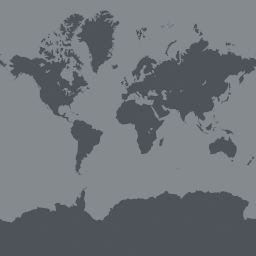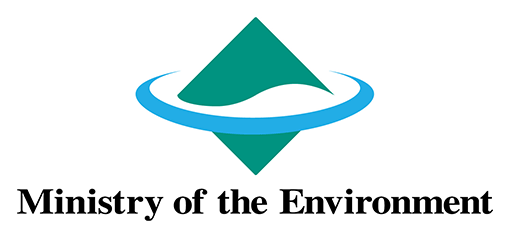The University of the Philippines Los Baños (UPLB) Museum of Natural History holds approximately 3,000 bat specimens collected from across the Philippines. A chunk of this are historical collections from the expeditions of world-renowned wildlife biologist, Dioscoro Rabor.
During the past decade, the museum conducted several expeditions in different regions of the Philippines to collect bats and gather tissue samples to detect the presence of pathogens on bats with the aid of Japanese partners. Through these expeditions, thousands of new bat specimens and samples have been added to the collection.
The aim of this project is to publish the bat data based on these recent collections together with the historical collections of Dr. Rabor, standardizing the data of our entire Chiropteran collections and publishing datasets to GBIF.
In addition, the museum also holds a rich collection of bat ectoparasites including mites, ticks, fleas, and bat flies. Recent ectoparasite collections with the Japanese collaborators are well curated and associated with bat hosts that are also in the museum. The project team will also work to consolidate data of pathogens identified from the bats in our collections. We will work with our Japanese partners to associate identified pathogens with our digitized data of bats.
The digitization of the bats and arthropod ectoparasites will follow an on-going BIFA project prioritizing digitization of records from Luzon island.
Based on experience from a previous BIFA-funded workshop around digization and publication of biodiversity data, this project will also convene a workshop targeting private organizations that conduct environmental impact assessments to highlight the importance and potential of publishing their data in GBIF.
Project progress
The project began in May 2022 with a levelling-off and planning workshop conducted with the museum researchers, administrators, and curators to introduce the project and orient involved staff about their responsibilities during the project.
Digitization of the Zoological and Wildlife Museum new series Chiroptera collection started immediately after this workshop and by midterm reporting the project had published this dataset to GBIF, as well as begun work on other datasets planned.
At final reporting the project published to GBIF four datasets that covers the Chiropteran order with their associated taxa, with a total of 3,700 occurrence records which have been georeferenced with a few uncertainties. The Philippine bat virus and pathogens dataset being published as occurrences rather than a simple check list, as data was available on locality and date.
During implementation the project also successfully conducted an online Biodiversity Data Mobilization Workshop in March 2023, which introduced GBIF to potential stakeholders, provided a demonstration of how to publish their data on the GBIF website, as well as show examples, including the project’s own, of what a published dataset would look like on the GBIF website.
The team has also publicized the project through other initiatives, such as presenting its midterm status during the University of the Philippines Los Baños Museum of Natural History’s 46th anniversary (September 2022), an event that is highly anticipated and attended by museum staff, curators, university students, and faculty. It also presented orally presentations during the Annual Philippine Biodiversity Symposium (APBS) of the Biodiversity Conservation Society of the Philippines (BCSP), in December 2022.
Due to the previous BIFA funded project being delayed and the impacts of COVID-19 the project experienced delays to its start-up and scheduled activities. The project was able to adapt its activities however and with adjustments to its timeline, was able to complete its activities and deliverables. Post project the team envisages continuing its digitization efforts and specimen imaging from published data sets. In addition, to continue the data mobilization workshops in various institutions.


